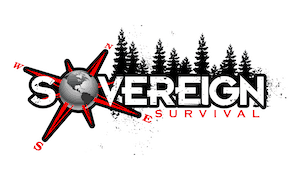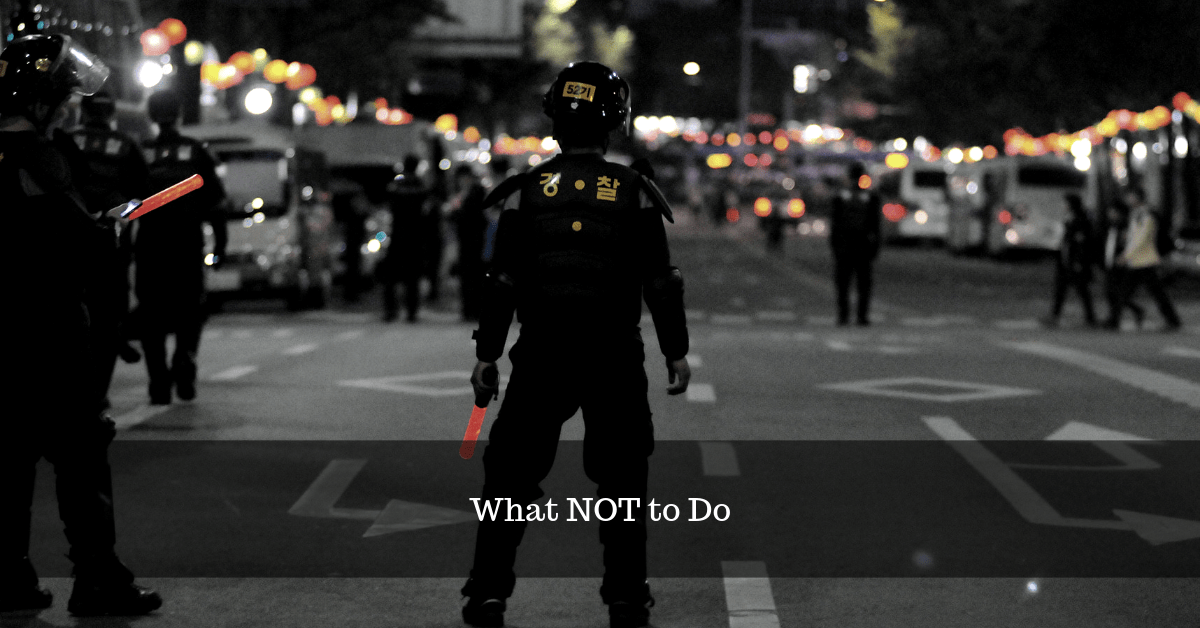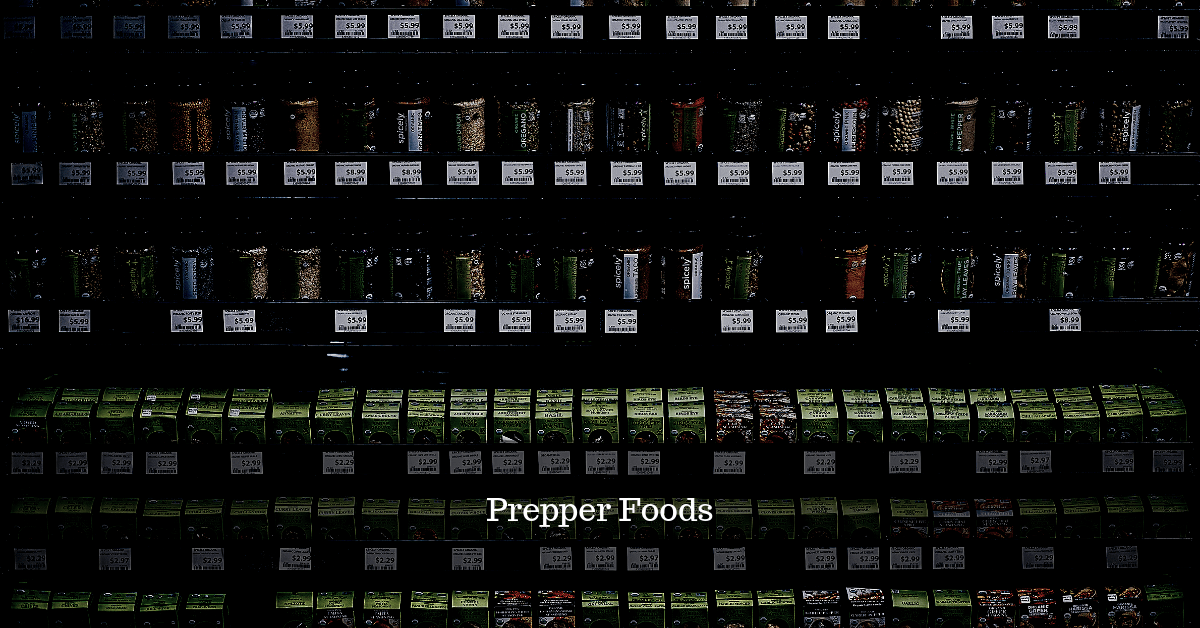What would you do in the event of a catastrophic event?
Would you be able to continue your life as though nothing had happened? Or would you be at the mercy of others, unable to fend for yourself?
Learning a few basic survival skills could keep you self-sufficient in the event of an emergency—and mean the difference between life and death for your family. Even if the worst-possible scenario never happens, learning these skills could still give you peace of mind, reduce stress and keep your family safe.
1. Raising, Butchering and Hunting Animals
Most Americans have little to no knowledge as to where their food comes from. If something happened to our food supply, would you know how to find your own food sources? Some basic livestock, butchering and hunting skills could mean the difference between life and death.
There was a time when most people knew the basics of raising farm animals like cows, chickens, pigs and sheep. Now, the relationship most people have with such animals is in the meat section of their supermarket. Learning a few basics about raising livestock could help you lead a more self-sufficient lifestyle.
You might want to start with small animals, like chickens and rabbits to get started. Chickens not only produce meat, they also provide nutrient-rich eggs. Once you’ve gotten the hang of smaller animals, try pigs or goats. Goats produce milk, which is easily digested and has a tangy taste.
Recommended: How to Stockpile for FREE by Growing Your Own Groceries
After you’ve gotten the hang of raising farm animals, the next step is butchering them. Hopefully, you haven’t gotten too attached to any of them, because an important step in self-survival is the ability to complete the cycle.
A lot of local farms have popped up in the whole farm-to-table movement, and many of them offer classes on animal butchering. Knowing how to properly render the meat, fat and bones from an animal is a delicate and useful skill. These classes can show you how to use every part of the animal—from the bones to the meat to the organs.
You might want to expand your horizons to more than just domesticated animals. Learning how to hunt and fish will keep you fed when you’re not in the confines of your own property. Plus, it’s a great way to stay in shape and calm your mind. Most states require hunters to obtain a license before setting out into the wild, and one of the license requirements is a class in basic hunting skills. These classes not only teach you how to find food in the wild, they teach you the basics of another self-sufficiency skill: using a weapon.
Give yourself a little variety in the food you catch by taking a fly fishing class. You’ll learn how to find bait in the wild, what bait works best for each type of fish and how to use your fishing equipment. Should anything happen that requires you to fish for your survival, you’ll also need a way to relax from time to time—fishing is one of the best ways to enjoy nature and learn how to keep a peaceful mind.
2. Learning How to Farm and Garden
Your meat supply might not dwindle—thanks to your newfound butchering, hunting and fishing skills, but you’ll still need a supply of fresh fruits and vegetables to keep your diet balanced.
You’ll also need to know what plants are safe to eat and which plants are poisonous. Learning to farm and garden will help keep you self-sufficient, not just in the case of an emergency, but in your current day-to-day life.
Recommended: Step-By-Stp How To Build Your Own Aquaponics System
Like fishing, gardening can be very relaxing and meditative. There are plenty of books and articles on the internet that teach people the basics of gardening. You could start with a basic herb garden that yields fresh herbs to flavor your food. Then, try your hand at some hearty veggies and nutrient-packed lettuce.
There are plenty of courses on the basics of gardening. Any gardening or hardware superstore has inexpensive classes that will teach you what plants work best in different climates. You can even learn about the biology of plants to get a better understanding of them. Even libraries offer free or inexpensive classes on the basics of gardening.
3. Preparing for the Winter by Canning and Dehydrating
Once you have a solid understanding of plants and gardening, you’ll need to learn how to preserve your bounty so it stays fresh during the winter or in times when the soil becomes contaminated or unsafe to grow.
Local colleges and community centers offer classes on canning where you’ll learn the basics before moving on to more complex recipes. If you simply want to try canning on your own, you can find basic how-to canning and food dehydration information online.
Being able to can the food you grow throughout the year and dehydrate the meat from the animals you’ve butchered will keep you fed all year long.
4. Saving Yourself and Others with Emergency Medical Care
Learning how to clean a wound or stitch a basic suture could save your life in the case of a major disaster; however, these skills can keep you safe even before tragedy should strike.
What would you do if you were hiking in the woods and your foot was caught in an animal trap? How would you set your leg if you broke it in the middle of nowhere?
What do you do when your child has a fever during a snowstorm when the roads are blocked?
Taking a basic first aid class is the first step to keeping you and your family safe. Once you’ve passed a basic course, you can even continue your medical training to learn more advanced techniques to keeping your loved ones safe.
5. Learning Basic Mechanical Maintenance
Knowing how to change a flat tire or repair your generator are invaluable skills. But what if tragedy were to strike and you had no one to help you with these repairs?
In the event of a catastrophic event, your car or truck would be invaluable resources. Knowing how to fix and maintain your vehicle could eliminate hassles and potentially save your life.
If you have a gas-powered generator, it could keep your house’s electricity-powered in the event of a catastrophe. Learning how to fix your generator will keep your home’s electricity running indefinitely.






